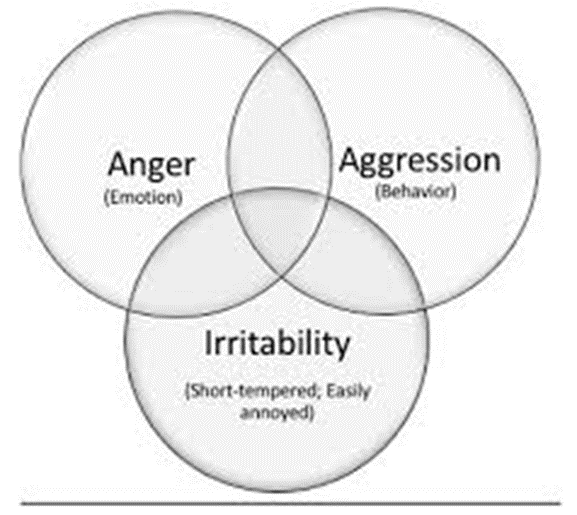A client on an acute psychiatric inpatient unit approaches the nurse’s station every 10-15 minutes with various requests. The nurse intervenes by stating, “You may approach the nurse’s station only once an hour.” Which nursing intervention has been employed?
Confirming boundaries by setting limits on behavior.
Providing reality orientation.
Providing client education in a direct manner.
Ensuring physical need fulfillment.
The Correct Answer is A
Choice A Reason:
Confirming boundaries by setting limits on behavior.
This response is correct because it directly addresses the need to set clear boundaries with the client. In a psychiatric setting, it is crucial to establish and maintain professional boundaries to ensure a therapeutic environment. By limiting the client’s approach to the nurse’s station, the nurse is setting a clear boundary that helps manage the client’s behavior and ensures that the nurse can attend to other patients as well. This intervention helps in maintaining structure and predictability, which can be very beneficial for clients with psychiatric conditions.
Choice B Reason:
Providing reality orientation.
Providing reality orientation involves helping clients understand their surroundings and current situation, often used for clients with cognitive impairments or disorientation. While important, this intervention does not specifically address the behavior of frequently approaching the nurse’s station. Reality orientation would be more relevant in cases where the client is confused about time, place, or person.
Choice C Reason:
Providing client education in a direct manner.
Providing client education is essential, but it does not directly relate to setting behavioral limits. Education might involve explaining the reasons behind certain rules or treatments, but it does not address the immediate need to manage the client’s frequent requests. The intervention described in the question is more about behavior management than education.
Choice D Reason:
Ensuring physical need fulfillment.
Ensuring physical need fulfillment involves addressing the client’s basic needs such as food, hydration, and comfort. While this is a fundamental aspect of nursing care, it does not relate to setting behavioral limits or managing the frequency of the client’s requests. The intervention in the question is focused on managing behavior rather than fulfilling physical needs.
Nursing Test Bank
Naxlex Comprehensive Predictor Exams
Related Questions
Correct Answer is B
Explanation
Choice A Reason: Sits in group with back to peers
Sitting with one’s back to peers can indicate a desire for isolation or a lack of trust, but it is not a definitive sign of escalating anger or aggression. This behavior might be more indicative of withdrawal or discomfort in social settings rather than an immediate precursor to violence.
Choice B Reason: Has a tense facial expression and body language
This is the correct answer. Tense facial expressions and body language are clear indicators of escalating anger and aggression. Signs such as clenched fists, a rigid posture, and a furrowed brow are physical manifestations of internal tension and can precede aggressive outbursts. Recognizing these non-verbal cues is crucial for early intervention and de-escalation.

Choice C Reason: Requests PRN medications
Requesting PRN (as needed) medications can be a sign that the client is experiencing increased anxiety or distress. However, this behavior alone does not necessarily indicate escalating aggression. It may actually be a positive sign that the client is seeking help to manage their symptoms before they escalate.
Choice D Reason: Does not want to eat lunch
A lack of appetite or refusal to eat can be associated with various conditions, including depression, anxiety, or physical illness. While it may indicate that the client is not feeling well, it is not a specific indicator of escalating anger or aggression.
Correct Answer is D
Explanation
Choice A Reason:
While this response attempts to offer support, it makes an assumption about the mother’s understanding without addressing the client’s feelings directly. Therapeutic communication should focus on validating the client’s emotions and encouraging them to express their thoughts and feelings. This response might not fully acknowledge the client’s distress.
Choice B Reason:
This response normalizes the client’s feelings, which can be helpful, but it does not directly address the client’s specific concern. While it is important to reassure the client that their feelings are common, the response should also validate their individual experience and encourage further discussion.
Choice C Reason:
Encouraging the client to talk to their mother is a proactive suggestion, but it may not be the most therapeutic initial response. The client might not be ready to take that step, and the nurse should first focus on understanding and validating the client’s feelings before suggesting actions. This response could be more appropriate as a follow-up after the client’s feelings have been explored.
Choice D Reason:
This response is the most therapeutic because it uses reflective listening to validate the client’s feelings. By restating what the client has expressed, the nurse shows empathy and encourages the client to explore their emotions further. This technique helps the client feel heard and understood, which is crucial in therapeutic communication.
Whether you are a student looking to ace your exams or a practicing nurse seeking to enhance your expertise , our nursing education contents will empower you with the confidence and competence to make a difference in the lives of patients and become a respected leader in the healthcare field.
Visit Naxlex, invest in your future and unlock endless possibilities with our unparalleled nursing education contents today
Report Wrong Answer on the Current Question
Do you disagree with the answer? If yes, what is your expected answer? Explain.
Kindly be descriptive with the issue you are facing.
